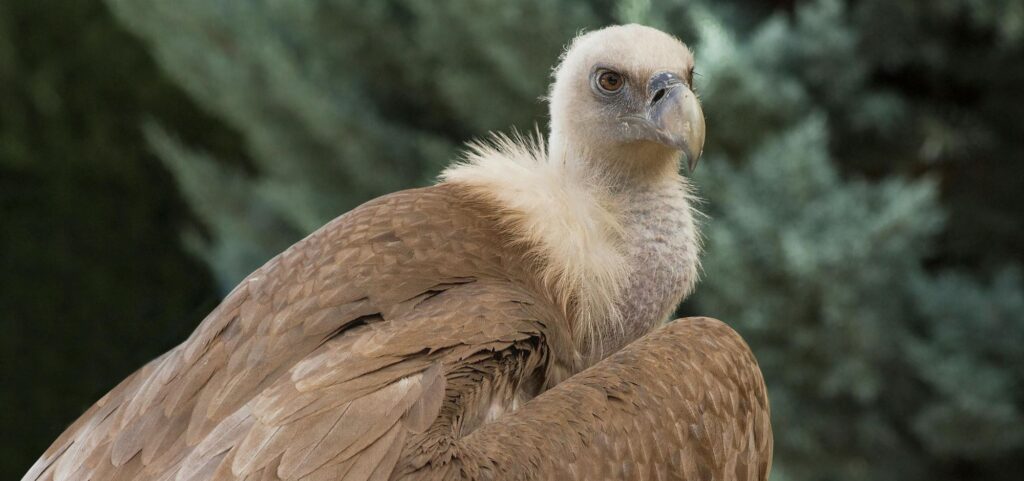A new groundbreaking study at Tel Aviv University shows that like humans, vultures prefer to “stay home” as they age, reducing the amount of social interaction they had experienced as younger birds.
While young vultures are far more social, frequently moving between roosting sites and spending time with their contemporaries, this changes as they age, when they prefer to remain in the same roosting site.
The research focused on 142 Eurasian Griffon Vultures (Gyps fulvus) in Israel, and according to TAU is one of the few studies to shed light on the behavioral changes in aging animals in the wild.
The study cross-referenced the birds’ activity over a 15-year period through GPS devices attached to their bodies.
It was led by Dr. Marta Acácio of Dr. Orr Spiegel’s laboratory at the TAU School of Zoology, in collaboration with Prof. Noa Pinter-Wollman of the University of California, Los Angeles (UCLA) and several other researchers.
“Vultures are a locally endangered species in Israel, with only about 200 individual vultures remaining. They are closely monitored to determine the best possible conservation methods. We thought about what else could be gleaned from the extensive database we have accumulated over the years and agreed it would be interesting to explore how vultures age,” said Spiegel.
“Tracking the same individuals in the wild over many years is often very challenging, but the transmitters we use to monitor the population provided us with a rare opportunity to observe the aging process in vultures specifically and in animals generally,” he said.
Related posts

Israeli AI Safety Tool Among TIME’S Best Inventions For 2024

TAU Team Discovers Mechanism To Eliminate Cancerous Tumors

Ashdod Port Investing In Startups As Part Of Innovation Strategy




Facebook comments